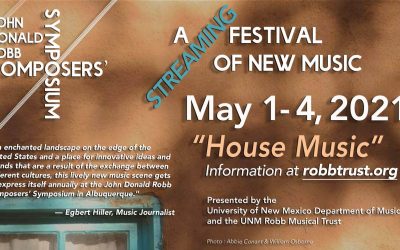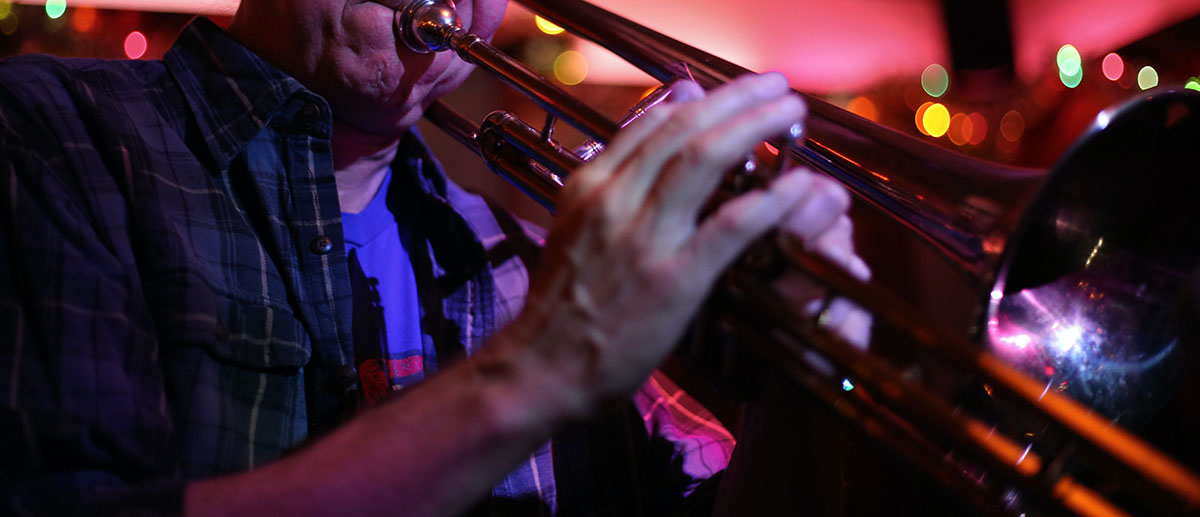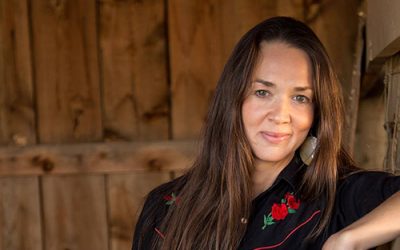Mexican pianist Mauricio Náder, one of the most active and iconic figures on the Latin American music scene today, presents virtuoso pieces by U.S. and Mexican composers, showcasing a vast spectrum of styles, techniques and emotions. He performs regularly at major venues in the United States, Latin America, Europe and Asia, and has given private recitals for former presidents of Mexico, France and Spain. His repertoire, ranging from Baroque to 21st century, includes many pieces written especially for him. He has recorded over 30 CDs as a soloist, member of a chamber music ensemble and vocal accompanist. For more info please visit his website www.mauricionader.net
These concerts are being supported by the UNM Department of Music, UNM Dean’s circle fund, UNM Latin American and Iberian Institute, National Hispanic Cultural Center, Mexican Consulate in Albuquerque, Mexican Education Foundation of New Mexico, and the National Institute of Fine Arts of Mexico.
Lecture-Recital
NOVEMBER 13, 11 am
Keller Hall UNM CFA
NOVEMBER 14, 7:30 PM
Albuquerque Journal Theatre
National Hispanic Cultural Center
PROGRAM
Ricardo Castro (Mexico) / Vals Capricho Op.1
Leonardo Velázquez (Mexico) / Micropiezas
Carlos Chávez (Mexico) / Noche aguafuerte
José Luis Hurtado (Mexico) / Explosive landscape
Gustavo Morales (Mexico) / Rapsodia Mexicana No.1
Henry Cowel (US) / Aeolian harp
George Gershwin (US) / Three preludes
George Antheil (US) / Toccata No.2, Can Can
Morton Gould (US) / Boogie the Woogie, Boogie Woogie Etude
THE JOHN DONALD ROBB COMPOSERS’ SYMPOSIUM 2021 “HOUSE MUSIC”
THE JOHN DONALD ROBB COMPOSERS’ SYMPOSIUM 2021 “HOUSE MUSIC”STREAMING FESTIVAL OF NEW MUSIC May 1 – May 45 – 8:30 PM Since 1972, the internationally renowned symposium has brought composers and musicians from around the world to UNM for a series of public concerts and...
Dr. Karl Hinterbichler receives the Ken Hanlon Award from International Trombone Association
Dr. Karl Hinterbichler receives the Ken Hanlon Award from International Trombone Association The Kenneth Hanlon Award recognizes an individual that contributes greatly to the InternationalTrombone Association (ITA) and the trombone world with a spirit of generosity...
Dr. Kristina Jacobsen wins award for an article
Dr. Kristina Jacobsen wins award for an article The article ‘Don’t Even Talk to Me if You’re Kinya’áanii [Towering House]’: Adopted Clans, Kinship, and ‘Blood’ in Navajo Country” was awarded “the most thought-provoking article in Native American and Indigenous Studies...



